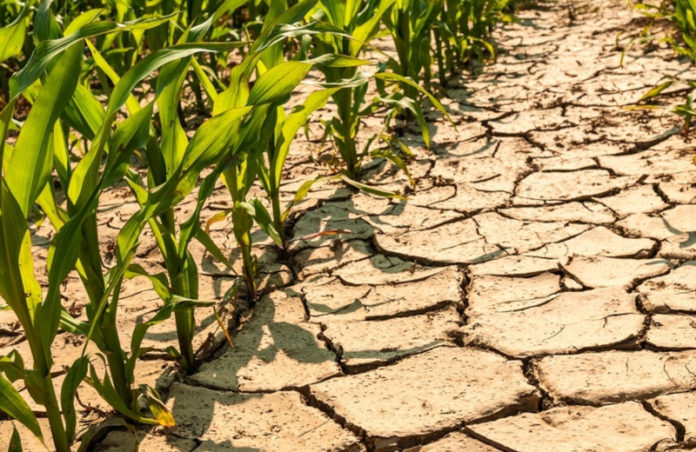$280-Billion Investment Needed to Tackle Climate Change in Africa, Report

An investment of about $280-billion will be needed for 35 cities across South Africa, Kenya, and Ethiopia to cope with the harmful effects of climate change by 2050, according to new research.
A report released on Monday by the Coalition for Urban Transitions, which advises governments on economic development and climate change, says that Africa is the fastest urbanising continent and also the continent hardest hit by global warming.
“Africa’s urban development is likely to confront unprecedented biophysical risks,” the Coalition said, quoted by Media24 who saw the report.
“Three pillars will be crucial for low-carbon, climate-resilient urban development: compact urban growth, connected infrastructure, and clean technologies.”
Africa’s urban population increased 20-fold between 1950 and 2015 to about 567-million people. This surge in population has made “efficient and inclusive urban planning extremely difficult,” according to the report. This number is set to increase by a further staggering 950-million people which are expected to live in African cities by 2050.
In order to combat the harmful effects of climate change, South Africa will need to invest $215-billion, Kenya $27-billion, and Ethiopia $42-billion, the report says.
The Coalition writes that this investment in the 35 centers across SA, Kenya, and Ethiopia with over 250,000 inhabitants each would also create $1.1-trillion in benefits. Of these returns, Johannesburg will account for $260-billion and Nairobi $100-billion.
The group further said that trillions of dollars of investments will be needed across the rest of the continent as well and there will be challenges to raising these massive sums of money needed to fight climate change, including “weak municipal creditworthiness and inefficient revenue-collection mechanisms,” and that “mobilising finance at scale will necessitate that the regulatory and financial frameworks and policies are reformed rapidly to unlock investment in cities.”
Climate Change in Africa
Africa is warming and undergoing climate change much faster than the global average, according to the IGAD Climate Predication and Application Centre (ICPAC).
Major cities in East Africa have witnessed increased temperatures that almost double the 1.1-degree warming average that the rest of the globe has experienced since pre-industrial times.
Since 1860, Nairobi, the capital city of Kenya, has warmed by 1.9 degrees, and the ice covering Mount Kilimanjaro has decreased 85% between 1912 and 2007. Due to this climate change, the snow could disappear in less than 20 years and ice as soon as 2022.
ICPAC says that we are possibly the last generation to see the snow on the highest peak in Africa.







